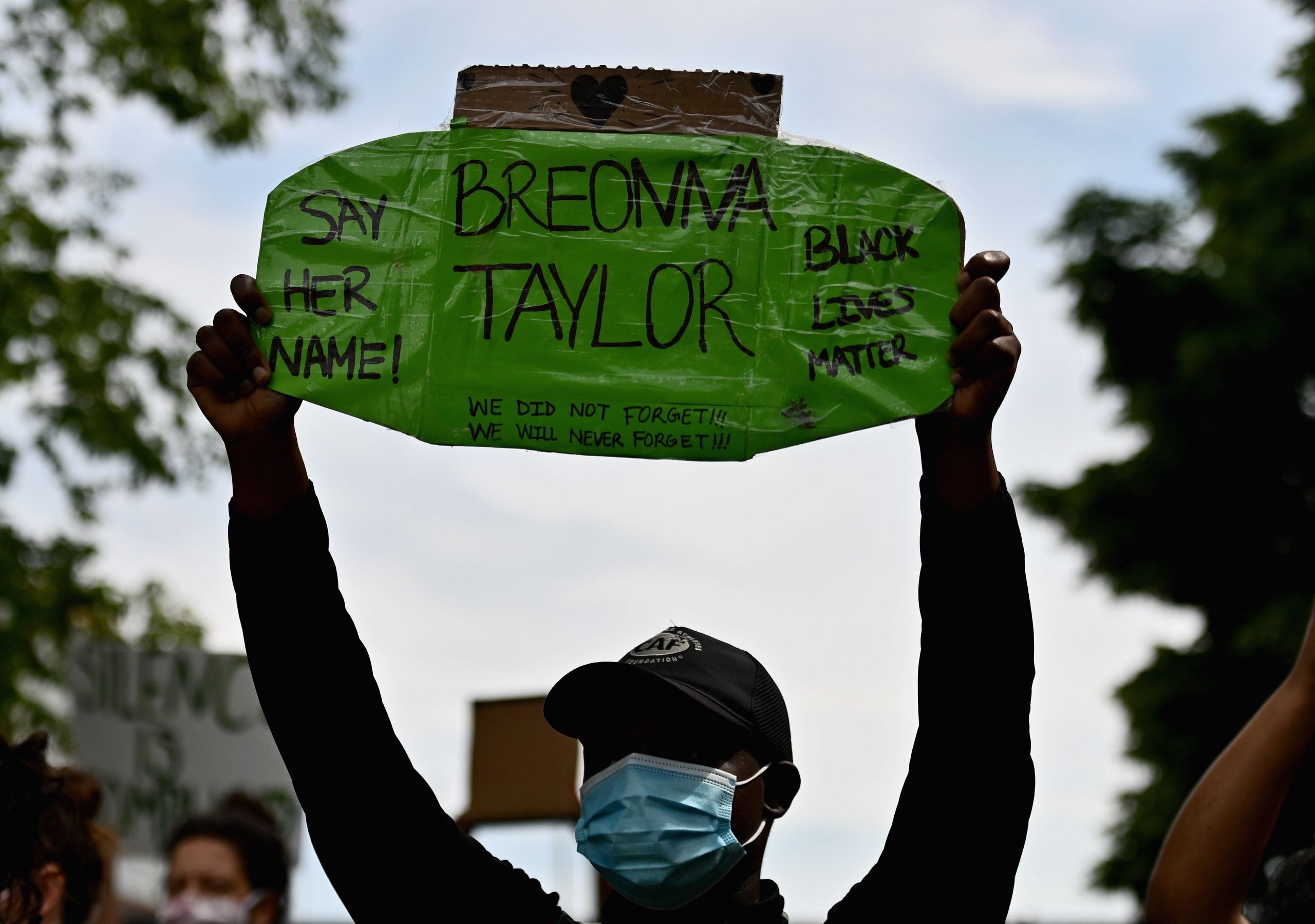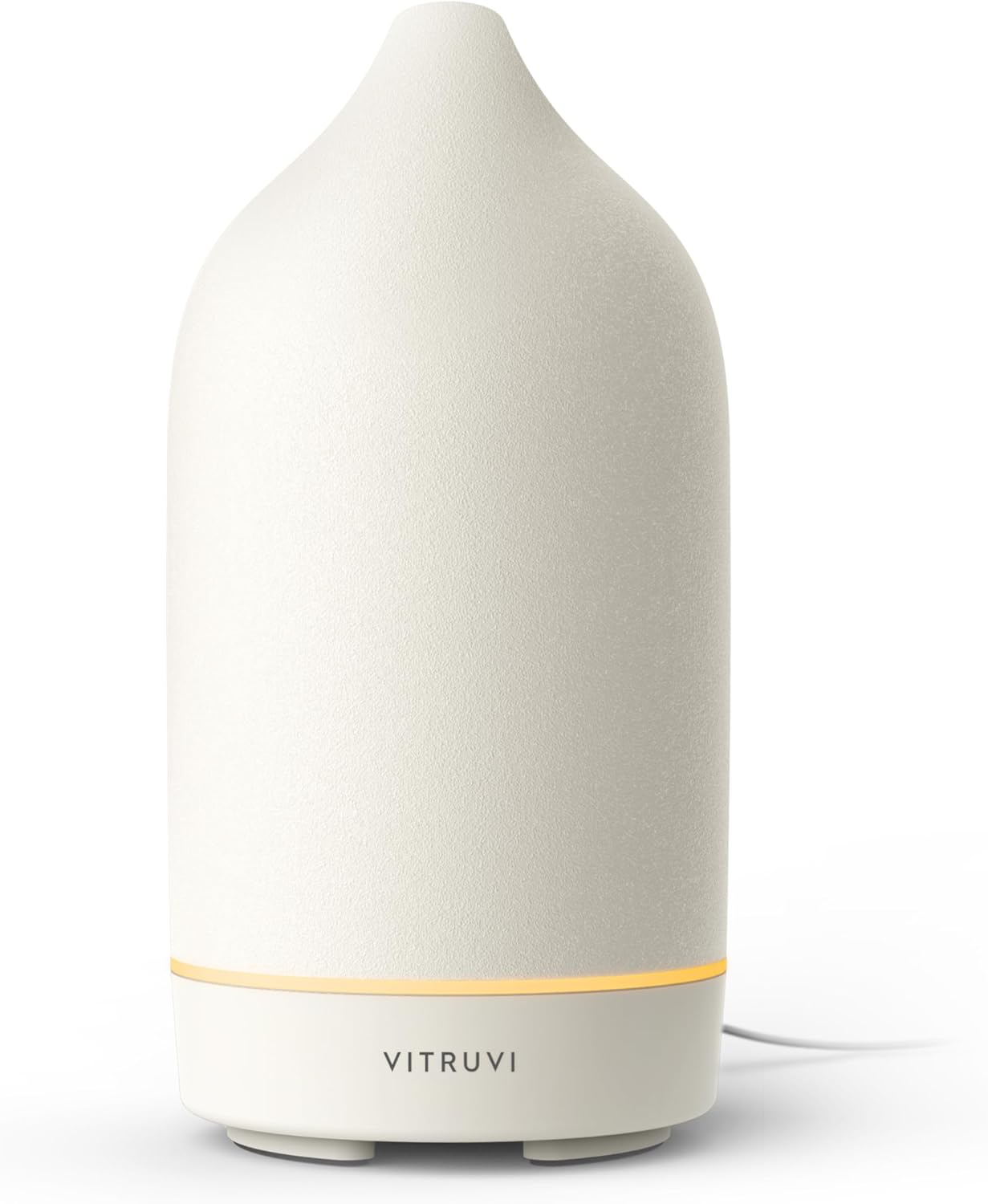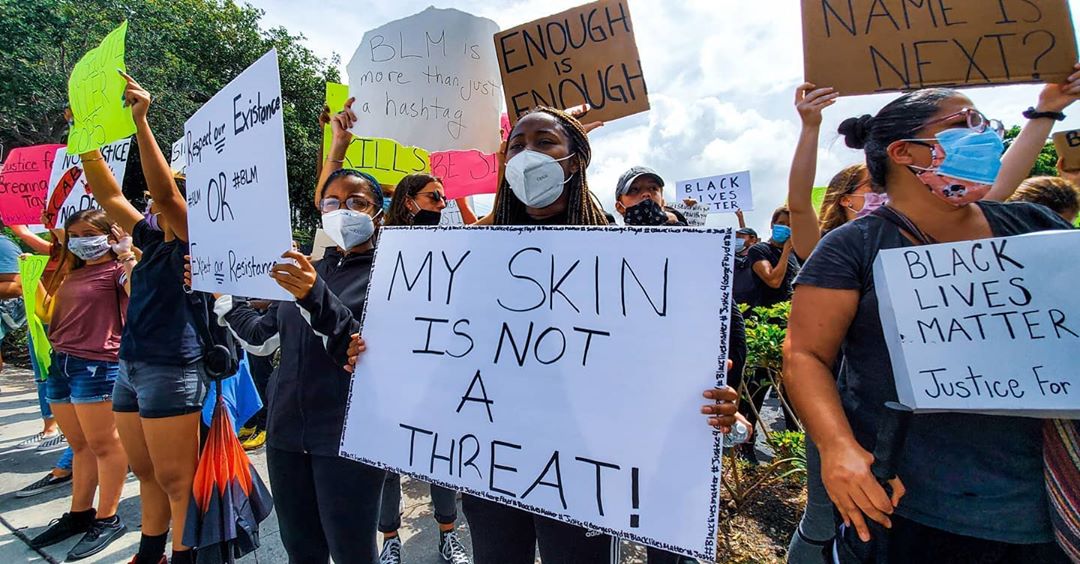There’s an evolving check-list I’ve run through every day since the August afternoon 21 years ago when I learned I was pregnant. And everything on that list is tied to a single question: what do I need to do to keep my child safe?
In the beginning it meant abandoning the financially loose life I’d chosen as poet for a stable job and health care. After Nisa, my daughter, was born, I included other urgencies: a stable, secure home, a school that would undergird her both academically and culturally, parks where we could take off our shoes and feel the earth beneath our feet. Today, I am left breathless by her accomplishments as a scholar and an activist, and comforted that the safety measures that my education and other privileges allowed me to put in place worked.
Although Nisa is 20 years old now, I still cling to that check-list and with particular care in this moment of rebellion, rage and grief, making note that of all the items on it, the one never included to keep my daughter safe was “police.”
When the Movement for Black Lives’ demand to defund the police went viral over the last week, there were some in my life who thought it a bridge too far. Yes, police were antagonistic and even dangerous, and yes, they’d had “the talk” with their children, but look at the crime in our communities. Look at the rioting! Untethering ourselves from the police sounded good in theory but unrealistic and dangerous in practice. But it’s actually the only thing we can do if we want to ensure the safety of our children.
Here’s why.
Over the last decade, and in particular during the Obama Administration, there was a spectacular breadth of reform initiatives that have just as spectacularly failed: anti-bias trainings, diversified departments, body cams and particularly cynical, in Minneapolis, an early-warning system so that problem officers could be identified. Derek Chauvin, the cop who killed George Floyd, had nearly 20 complaints filed against him. Maybe the early-warning system beeper thingamajig gave out after the first 10 and the information was lost? Whatever the case, what was true at the birth of Black Lives Matter in 2013 is still true today: African Americans are at least three times as likely to be killed by police as our white counterparts.
This is because the idea of reforming the institution of policing—and it’s important to understand it as an institution as opposed to the one bad apple scenario—has a critical design flaw. It ignores the fundamental role of police in Black communities. For us, their role is not heroic but harmful—when not outright deadly.
Untethering ourselves from the police…is the only thing we can do if we want to ensure the safety of our children.
It’s hard to remember, with all the cop television shows that serve as PR campaigns, that only recently have police been considered noble. Most often they were broadly considered to be what Black people have generally never backed away from calling them: corrupt thugs. Attempts to reform them began a century ago, although it would be Lyndon Johnson who really put heft behind the pro-police push as Black communities were in the throes of the Civil Rights and Black Power Movements. For what it’s worth, there’s been little difference in how Democrats and Republicans chose to respond to Black communities. Leaders of both parties—from Johnson to Nixon to Reagan to Clinton—called for our lockdown.
This is not the case for the white child in the middle-income or wealthy community who is clearly disruptive. Before police are asked to intervene, school counselors, special programming and mental health professionals are called upon to nurture, support and protect him. They know that only as a final resort should police be involved because, to them, that white child’s life matters. For Black people, though, police are our first responders. They’re often the only responders but not in the ways media attempts to spoon feed the concept to us. These first responders have never cared for and protected us nor our children. No, their role is what police in the United States have always been instructed to do with Black people: contain us. We’re a problem to be controlled.
The things that we know undercut our lives, though—the absence of jobs, quality schools, health care, green spaces—are rarely considered problematic enough to fix. Not only do these things fall off our nation’s so-called leaders’ urgent needs list, they fall off the radar for we whose collective humanity has never been honored either in detail nor broad stroke. Imagine a world, though, where there was a true commitment to repair some of the harm done to Black people, from slavery to Jim Crow to being targeted for incarceration; from voter disenfranchisement to work and housing discrimination. That world is possible, and one way for us to create it is to defund an institution that by both design and practice, means to ensure we will never realize it.

Nationwide, more than 100 billion dollars are spent on police departments, with some cities spending fully 50 percent of their budgets on law enforcement even when crime levels are historically lower. And of those dollars, billions are spent to further militarize local law enforcement. Local police agencies are literally trained to go to war against the very people their public relations teams say that they are sworn to protect. It’s the most basic conflict of interest. And while all of this is happening, there has been a devastating divestment from the institutions that are proven to provide security: schools and hospitals, parks and arts centers.
Imagine a world where thre was a true commitment to repair some of the harm done to Black people.







As a parent, I have a duty to scrutinize my budget in order to ensure my daughter’s well-being. We take care of what is needed before anything else is purchased. That was true before the COVID-19 pandemic and it’s true now. And while the idea of government being cast in the parental role is not what I would ever argue for, it’s also true that there is a fundamental duty of care it owes us. We elect and fund this government whose responsibility it is to ensure the services that are elemental to our baseline right to life, liberty and the pursuit of happiness. To that extent, their charge, like mine as a mother, is to set fiscal priorities that align with that first responsibility.
Demand your legislator prove that they are spending dollars in actual service of the public—the whole public. Demand that they prove that proper dollars have been allocated for that which is actually proven to not only keep communities safe, but ensure that they prosper. Demand that with every dollar spent they are putting the lives of children at the center of the decision.
Because we cannot afford to be under any illusions. The funding of police requires the defunding of critical social needs. This means that rather than creating safety, police departments are unrepentantly structured to destroy it—and this would be true even if no cop ever killed another Black person again.




